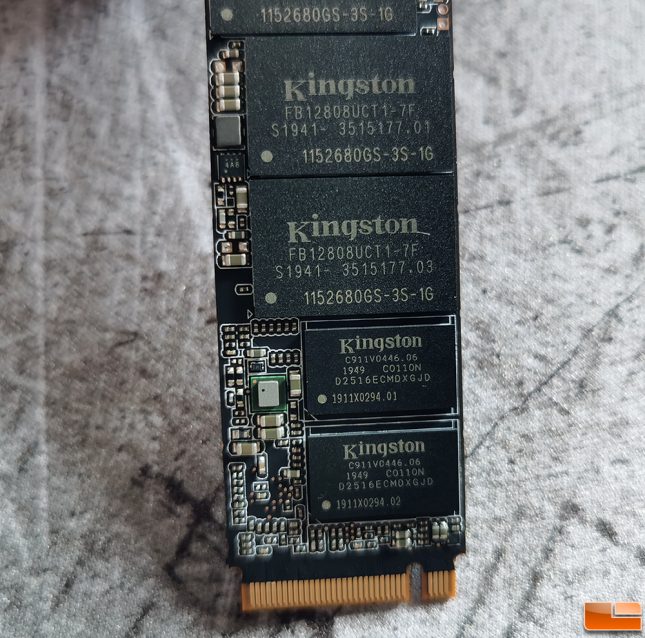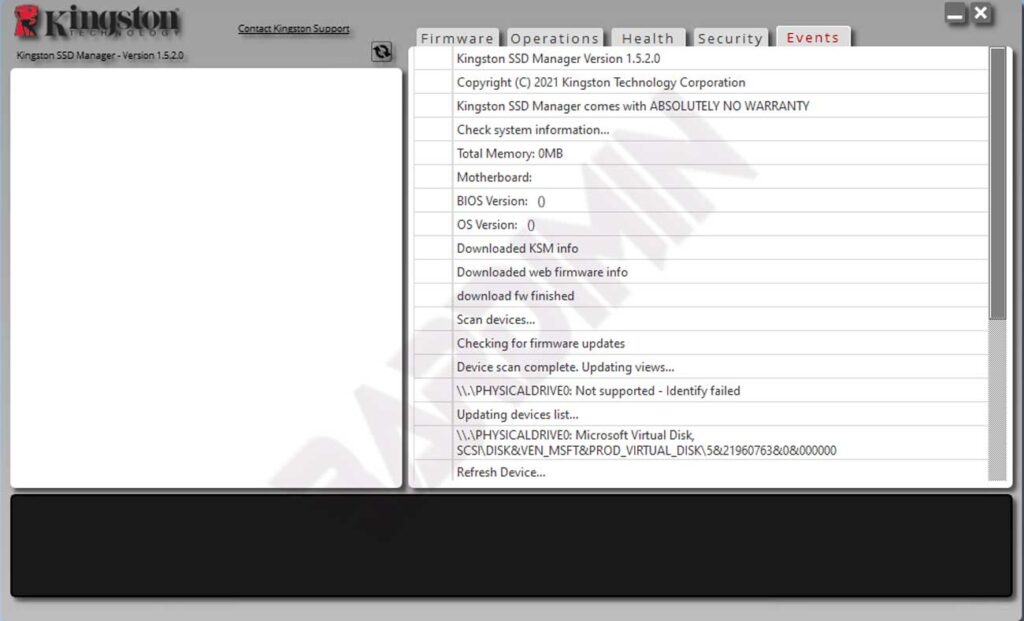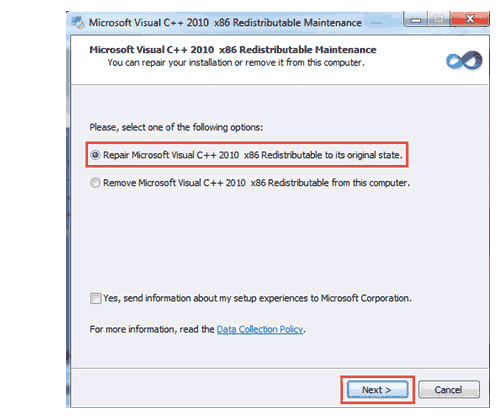


The 970 Evo, by comparison, managed 1,334MB/s, and the A2000 an outstanding 1,621MB/s. It started off well in our huge file read test, averaging 1,348MB/s, but its 1,176MB/s write speed is far more average. It’s everyday, Windows Explorer file transfers where the KC2000 starts to look rather humdrum. The 970 Evo Plus was quicker, but not by much, although the A2000 breezed past both with its 572MB/s read speed and 505MB/s write speed. It performed decently in the tougher 4K random tests too, scoring a 300MB/s read speed and a 245MB/s write speed. It also edged past its read speed estimate, managing 3,250MB/s. In CrystalDiskMark’s sequential write test, our 1TB drive blazed to 2,782MB/s, nearly 400MB/s faster than that the specs suggested.

In practice, however, performance is more of a mix than the official figures would suggest. That’s all good news in theory, as the combination of high write speeds and intense workstation usage is one of the few that could feasibly degrade a modern SSD before its warranty runs out – though the KC2000’s five-year guarantee is pretty good in that regard as well.


 0 kommentar(er)
0 kommentar(er)
